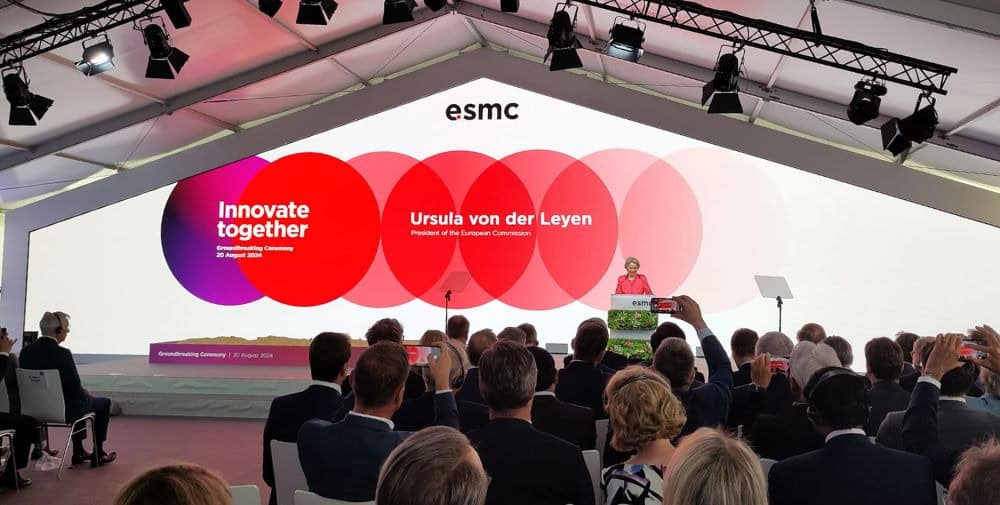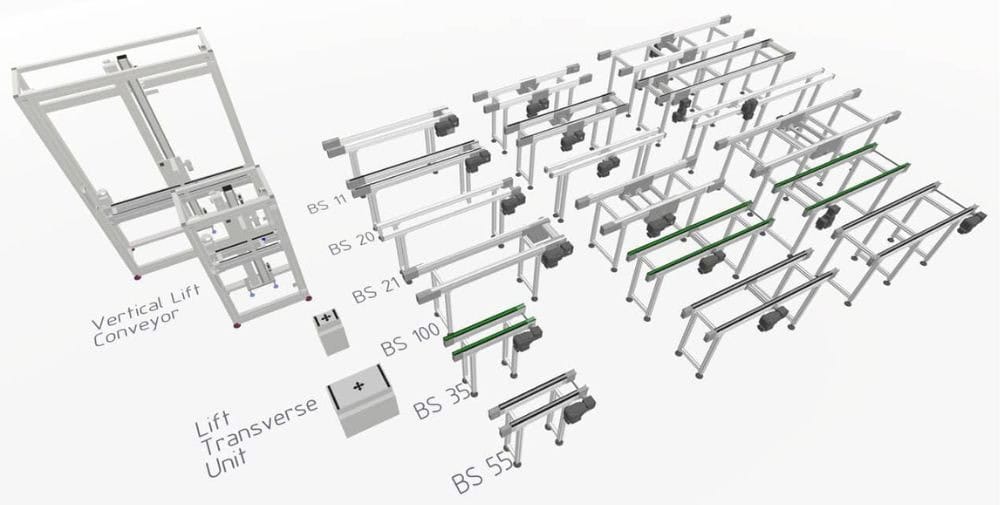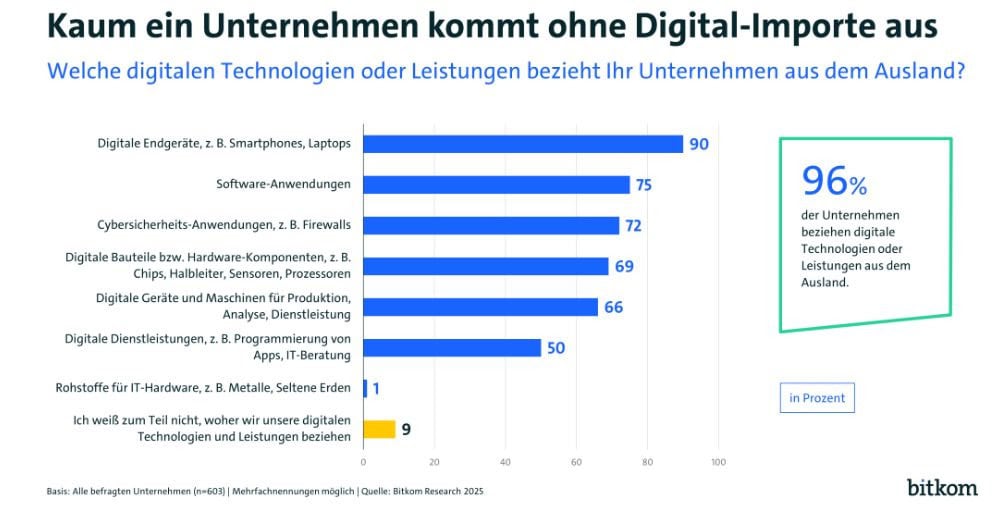ESMC is a joint venture between Taiwan Semiconductor Manufacturing Company (“TSMC”), Bosch, Infineon and NXP. The measure will strengthen Europe’s security of supply, resilience and digital sovereignty in semiconductor technologies, in line with the objectives of the Communication on the European Chip Law. It also contributes to the digital and green transition.
The German aid measure
Germany has notified to the Commission for approval a planned support to the ESMC project for the construction and operation of a new semiconductor manufacturing facility in Dresden. The aim of the project is to meet the demand for microchips for applications in the automotive industry and other industrial sectors.
The funded new large-scale manufacturing facility will produce high-performance chips on 300 mm silicon wafers with structure widths of 28/22 nm and 16/12 nm. These chips, which are manufactured using FinFet technology and into which several additional functions can be integrated, are more powerful and at the same time reduce overall energy consumption. The manufacturing facility is expected to reach full capacity by 2029, producing 480,000 silicon wafers annually.
The facility will be an open manufacturing operation, meaning that its customers – including the three other shareholders besides TSMC – can commission specific chips. This operating model is important for the EU semiconductor ecosystem as a whole, especially given ESMC’s commitments to provide targeted support to small and medium-sized enterprises (SMEs) and start-ups in Europe to strengthen their know-how and skills. In addition, SMEs and European universities will have special access to production capacities, which will also promote research and knowledge creation in Europe.
The Commission’s State aid assessment
The Commission has assessed the German measure under EU State aid rules, in particular Article 107(3)(c) of the Treaty on the Functioning of the European Union (TFEU), which allows Member States to facilitate the development of certain economic activities under certain conditions, and the principles of Communication on the European Chip Law.
During the investigation, the Commission found that:
- The measure promotes the development of certain economic activities by enabling the construction of a new plant for the mass production of innovative technology products and microchips in Europe.
- The facility is new in Europe, where there is no comparable facility for the mass production of products with these technological functions. ESMC will be the first open manufacturing facility to produce silicon wafers with structure widths of 28/22 nm and 16/12 nm using FinFet technology with technology processes for logic, mixed signal and radio frequency applications and embedded non-volatile memories. These specific technologies differentiate it from other existing capacities and complement the production capacities needed by European customers.
- The aid has an “incentive effect” as the beneficiary would not make the investment without the public support.
- The measure has a limited effect on competition and trade within the EU. It is necessary and appropriate to ensure the resilience of the European semiconductor supply chain. Furthermore, the aid is appropriate in view of the demonstrated funding gap and limited to the minimum necessary (i.e. only the amount necessary to make the investment happen). Finally, ESMC has agreed to share potential profits beyond current expectations with Germany.
- The measure has a broad positive impact on the European semiconductor ecosystem and contributes to strengthening Europe’s security of supply, in particular through the establishment of an open manufacturing facility producing for European customers, including SMEs and start-ups. It will also enable additional support for European universities. In addition, ESMC has committed to fulfill priority contracts under the EU Chip Act to manufacture crisis-relevant products in Europe in the event of a crisis. The Commission also noted that ESMC has committed to apply for recognition as an EU Open Manufacturing Company under the EU Chip Act and will fulfill all obligations related to this status. ESMC also pledged to invest in continuous innovation in the EU to make concrete progress in semiconductor technology by preparing next-generation technologies and investing in the Union’s talent pipeline.
On this basis, the Commission approved Germany’s measure under EU state aid rules.
Background
On February 8, 2022, the Commission adopted the Communication on the European Chip Law. It is part of a comprehensive package on the chip law, which also includes the European chip law that came into force on September 21, 2023.
In the Communication on the European Chip Law, the Commission recalled that investment in new advanced manufacturing equipment in the semiconductor sector is important to ensure security of supply in the EU and supply chain resilience, and has a significant positive impact on the economy as a whole. The Commission identified a number of factors that are directly relevant for a case-by-case assessment on the basis of Article 107(3)(c) TFEU.
Today’s approval is the fourth Commission decision based on these principles. On October 5, 2022, the Commission approved an Italian measure to support STMicorelectronics in the construction and operation of a 150 mm silicon carbide wafer production plant in Catania. On April 27, 2023, the Commission approved a €2.9 billion French aid measure to support STMicorelectronics and GlobalFoundries in the construction and operation of a new microchip plant in France. Most recently, on 31 May 2024, another Italian measure was approved to support STMicroelectronics in the construction of a new integrated SiC wafer production facility in Italy.
Further information
On August 20, 2024, President von der Leyen held a speech.
Once all issues relating to the protection of confidential data have been clarified, the non-confidential version of the decision on the Register of State Aid on the website of the Commission’s GD Competition under the number SA.107553 made accessible. The electronic newsletter State Aid Weekly e-News provides information on new state aid decisions published on the internet and in the Official Journal.
Further links
👉 EU Chips Act
👉 European Commission



